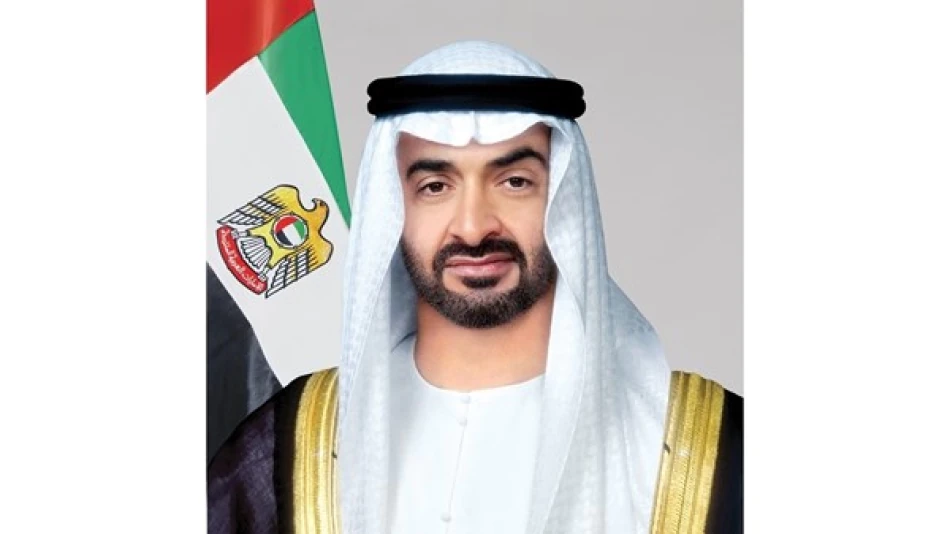
UAE President's Fraternal Visit to Bahrain: Welcomed by King Hamad bin Isa
UAE President Sheikh Mohammed bin Zayed Arrives in Bahrain for High-Level Strategic Visit
UAE President Sheikh Mohammed bin Zayed Al Nahyan has arrived in Bahrain for a fraternal visit, accompanied by a high-powered delegation that signals deepening Gulf cooperation amid regional challenges. King Hamad bin Isa Al Khalifa personally received the UAE leader at Sakhir Air Base, underscoring the strategic importance of bilateral ties between the two Gulf monarchies.
Strategic Delegation Reflects UAE's Regional Priorities
The composition of Sheikh Mohammed bin Zayed's accompanying delegation reveals the UAE's focus on security, economic diversification, and technological advancement. The visit includes Deputy Prime Minister and Interior Minister Sheikh Saif bin Zayed Al Nahyan, alongside key figures in strategic affairs and advanced technology sectors.
Key Officials Signal Policy Focus Areas
Among the notable delegation members are Dr. Sultan Al Jaber, Minister of Industry and Advanced Technology, and Dr. Ahmed Al Mazrouei, who heads both the President's Office for Strategic Affairs and the Abu Dhabi Executive Office. Their presence suggests discussions will likely cover energy transition, industrial cooperation, and strategic planning—areas where both nations are pursuing ambitious diversification agendas.
Gulf Unity in Times of Regional Transformation
This visit comes as Gulf states continue strengthening intra-regional ties while navigating complex geopolitical shifts. Both the UAE and Bahrain have pursued similar paths in recent years, including normalizing relations with Israel through the Abraham Accords and diversifying their economies away from oil dependence.
Economic Integration Opportunities
The timing appears strategic as both nations advance their respective economic visions—UAE's "We the UAE 2031" strategy and Bahrain's Economic Recovery Plan. Potential areas for enhanced cooperation include fintech innovation, where Bahrain serves as a regional hub, and renewable energy projects, where the UAE has established global leadership.
Security Coordination Remains Central
The inclusion of Ali bin Hammad Al Shamsi, Secretary-General of the UAE's National Security Council, highlights ongoing security coordination between the two allies. Both nations face similar regional security challenges and have historically aligned their foreign policy positions on key issues affecting Gulf stability.
This diplomatic engagement reflects the broader trend of Gulf states deepening bilateral partnerships while maintaining collective security arrangements through the Gulf Cooperation Council framework. The visit's outcomes could provide insights into how smaller Gulf monarchies are positioning themselves amid evolving regional dynamics and global economic uncertainties.
Most Viewed News

 Layla Al Mansoori
Layla Al Mansoori






